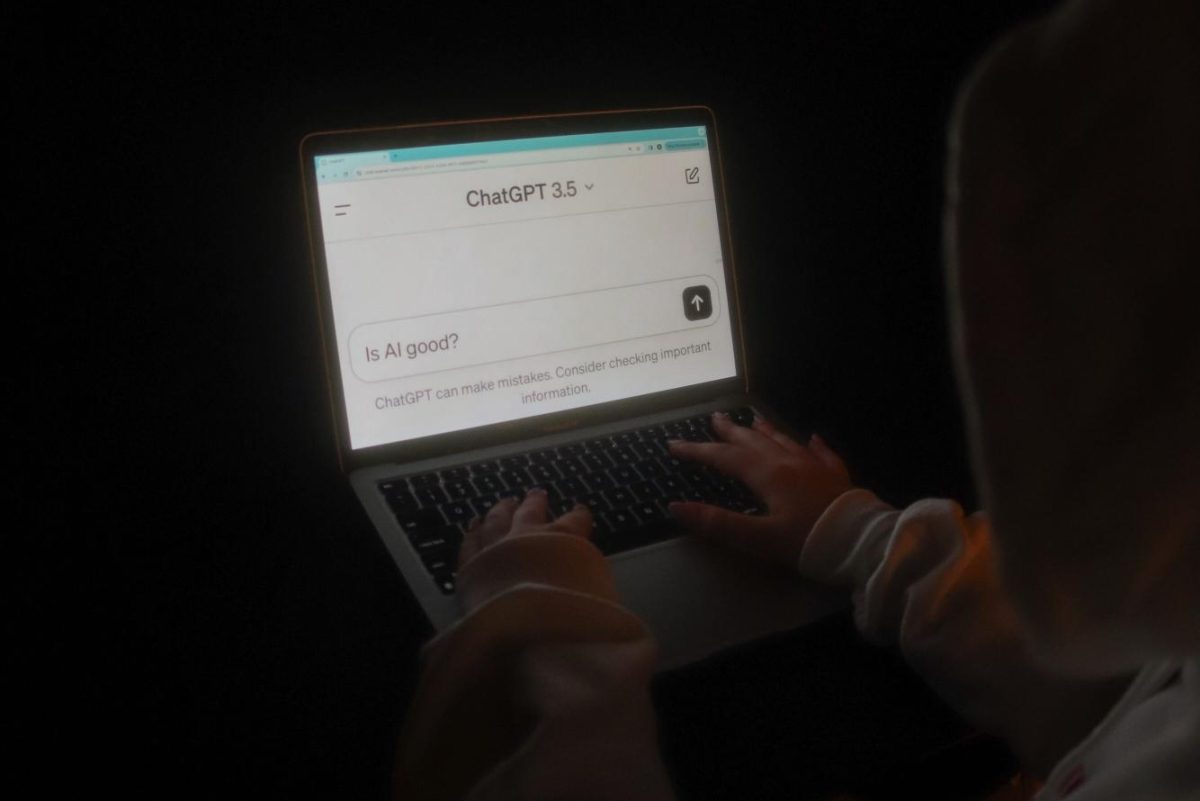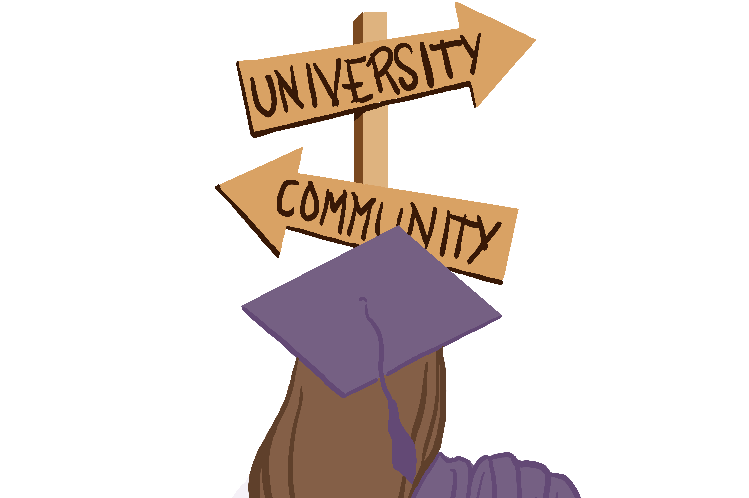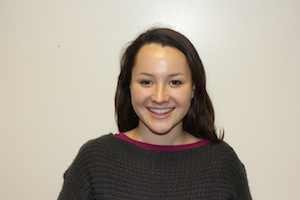Changes in education for the upcoming school years have been met with mixed responses around the country, in Missouri and at KHS. The Kirkwood Call voted 30 to 16 against the implementation of a new testing system centered around a set of educational standards known as the Common Core State Standards (CCSS).
Watch out, freshmen. Starting in the 2014-2015 school year, 29 member states of the
Smarter Balanced Assessment Consortium (SBAC), including Missouri, will implement a testing system to determine college-readiness of high school students.
The SBAC is largely motivated by the idea that the CCSS will provide higher educational standards for students in various states. However, great education cannot be standardized. The needs of students are so diverse and personal that no set of standards can ensure academic excellence, and according to the Show-Me Institute, while working to create the CCSS, 25 members of the validation committee even refused to sign off on the standards, admitting that they may not be the best educational requirements for states to adopt.
In Missouri, opponents of the CCSS have created a group called the Missouri Coalition Against the Common Core (MCACC). The organization argues adopting the CCSS takes away the freedom and creativity of teachers and requires them to “teach to the test” instead of fostering a love of learning in their students.
While computer adaptive testing gives very clear and personalized results regarding a student’s strengths and weaknesses, it requires technology that is unattainable for some school districts. The lowest estimates for implementing the CCSS/SBCA system are at about $67.8 million according to the Show-Me Institute. The expense comes largely from new technology but also from purchasing the necessary curriculum materials, an unfeasible cost for some lower-income areas.
Supporters of the CCSS insist the requirements will raise the educational standards of states and remove academic barriers. For instance, if a student were to move across state lines in the middle of the school year, theoretically they could pick up at their new school right where they left off. Still, this hope for standardization does not account for inevitable differences in scheduling and learning pace that make the idea of putting every school on the same track impossible. Plus, the percentage of students who would move from one state to another and actually benefit from this standardization is low.
The summative assessment seems to echo another dreaded set of exams: end of course, or EOCs. The SBAC says implementation of their system would not require any additional testing throughout the year; it would remain the choice of the state, although additional “checkpoint” computer adaptive tests would be available to teachers.
Missouri currently expects to maintain EOC testing along with the adoption of the SBAC assessment. Not only is this strenuous on students, but the state as well. Although much of the funding for the SBAC is provided through federal grants, administering both sets of tests creates an extensive budget for education in Missouri. Furthermore, students are already swamped with EOC’s and final exams; another set of required tests would only add more stress for students and take away time in the classroom for teachers.
According to the SBAC website, the tests will not be used for college admissions, only as a benchmark for college readiness at the end of a student’s junior year, a task already accomplished by standardized tests such as the ACT and SAT. Another national comparison to assess college readiness is unnecessary and redundant .
Even though equal educational opportunities should be available to all, adoption of a standardized system or assessment will not guarantee equality. It will only stifle creativity of teachers, remove the diversity that the public school system is entitled to and add the strain of additional testing for students.















